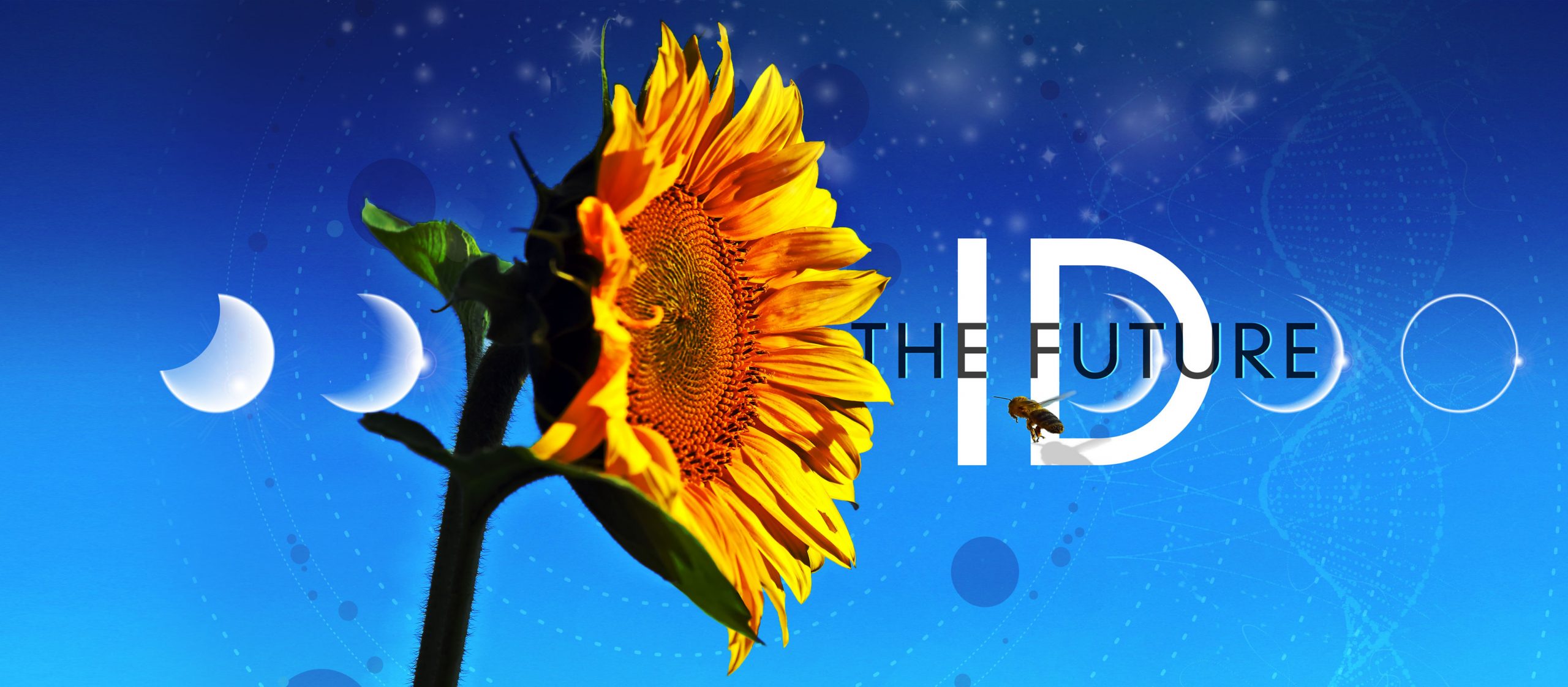
ID the Future
Intelligent Design, Evolution, and Science Podcast

Latest Episodes

The Humble Origins of the Big Bang Theory
- 1902
- Jean-Pierre Luminet
- May 15, 2024
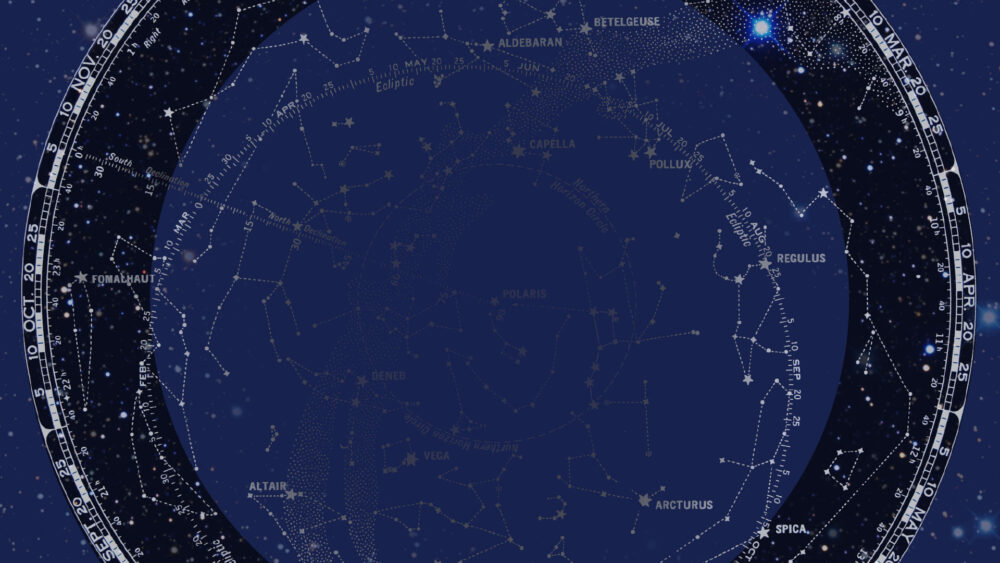
The Real Heroes of the Big Bang Revolution
- 1901
- Jean-Pierre Luminet
- May 13, 2024

Toward an Information-First View of Reality
- 1900
- William A. Dembski
- May 10, 2024
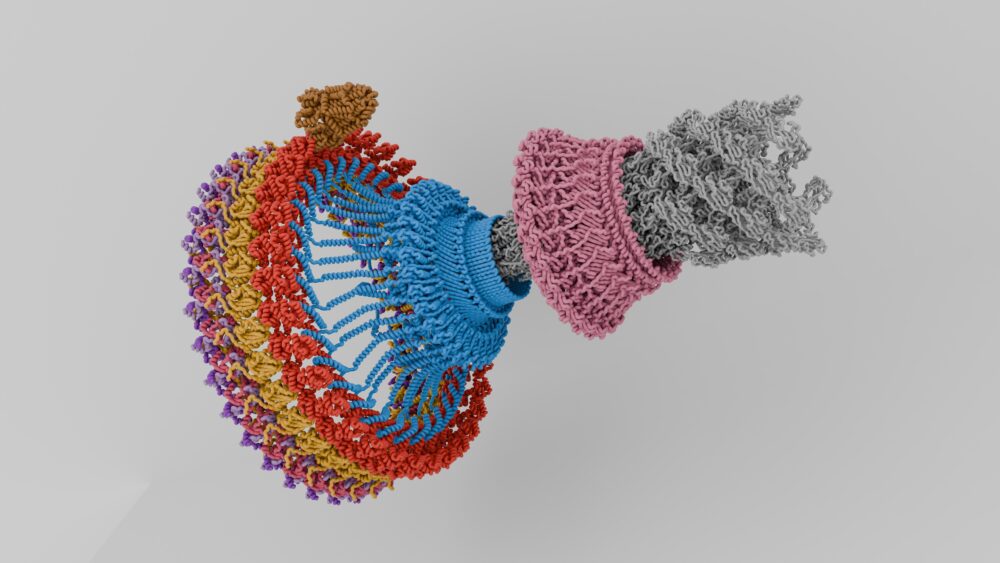
The Bacterial Flagellum: A Marvel of Nanotechnology
- 1899
- Jonathan McLatchie
- May 8, 2024

Now Registering: High School Chemistry with an ID Twist
- 1898
- Kristin Marais
- May 6, 2024

Why The Heart of the Matter is Information
- 1897
- William A. Dembski
- May 3, 2024
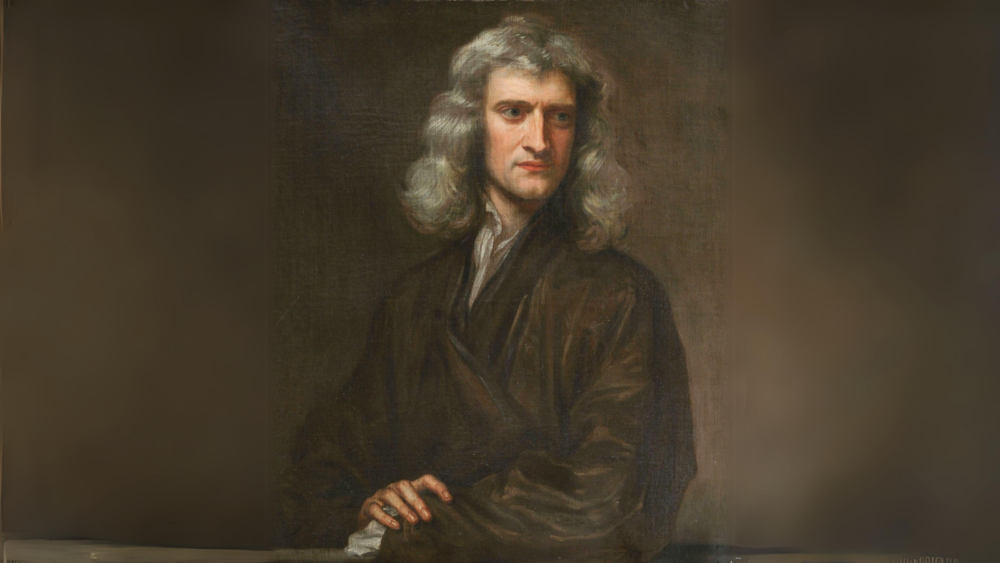
Stephen Meyer on Isaac Newton and the Scientific Revolution
- 1896
- Stephen C. Meyer
- May 1, 2024
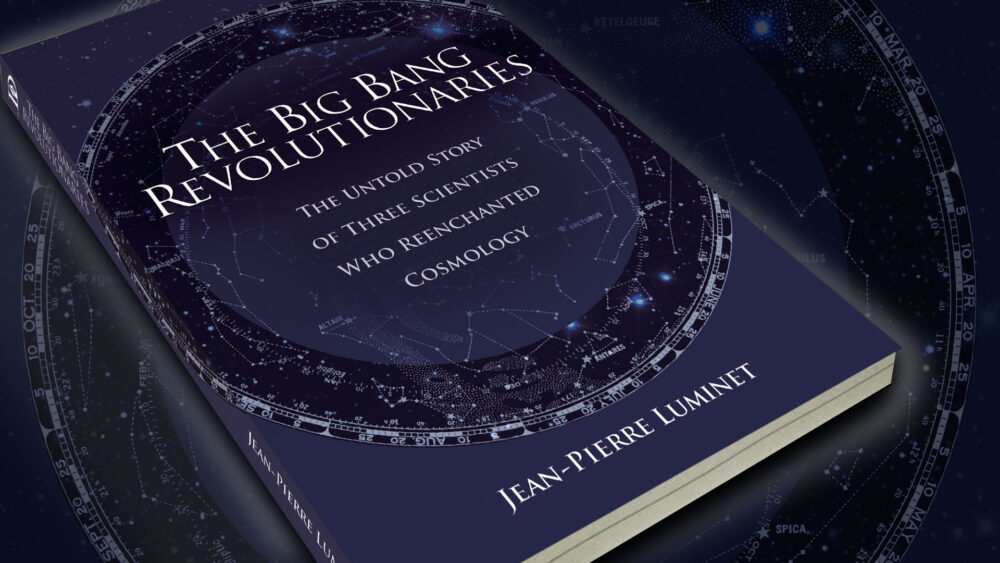
A Reading From The Big Bang Revolutionaries
- 1895
- Jean-Pierre Luminet
- April 29, 2024

How Finely Tuned Is Our Universe?
- 1894
- Daniel Andrés Díaz-Pachón
- April 26, 2024
Topics
__edited __repeat Intelligent Design Evolution Darwinism Materialism Charles Darwin Natural Selection Neo-Darwinism origin of life Atheism abiogenesis irreducible complexity Theism DNA biology theistic evolution fine tuning Richard Dawkins Scientism Darwinian Evolution Darwin Big Bang Casey Luskin common descent Biological Information teleology science education fine-tuning evolutionary theory Science and faith God methodological naturalism genetics Academic Freedom Michael Behe Junk DNA Cambrian Explosion William Dembski Naturalism engineering Proteins scientific racism human origins Christianity C.S. Lewis Darwin Devolves Molecular Machines Philosophy human exceptionalism cosmology scientific revolution philosophy of science human evolution Francis Collins Eugenics Science purpose multiverse Kitzmiller v. Dover information Featured __video-only devolution chemical evolution Aristotle history of science Fossil Record Brian Miller Alfred Russell Wallace Stephen C. Meyer specified complexity genetic information Jerry Coyne Eric Metaxas philosophical materialism Theology Teach the Controversy Ethics scientific Materialism physics Microevolution Icons of Evolution entropy systems biology agnosticism Albert Einstein Phillip Johnson macroevolution Free Will Darwin's Doubt adaptation Natural Theology bacterial flagellum Fred Hoyle Religion Michael Egnor Isaac Newton design inference BioethicsNews
Podcast coverage and related news from Evolution News.
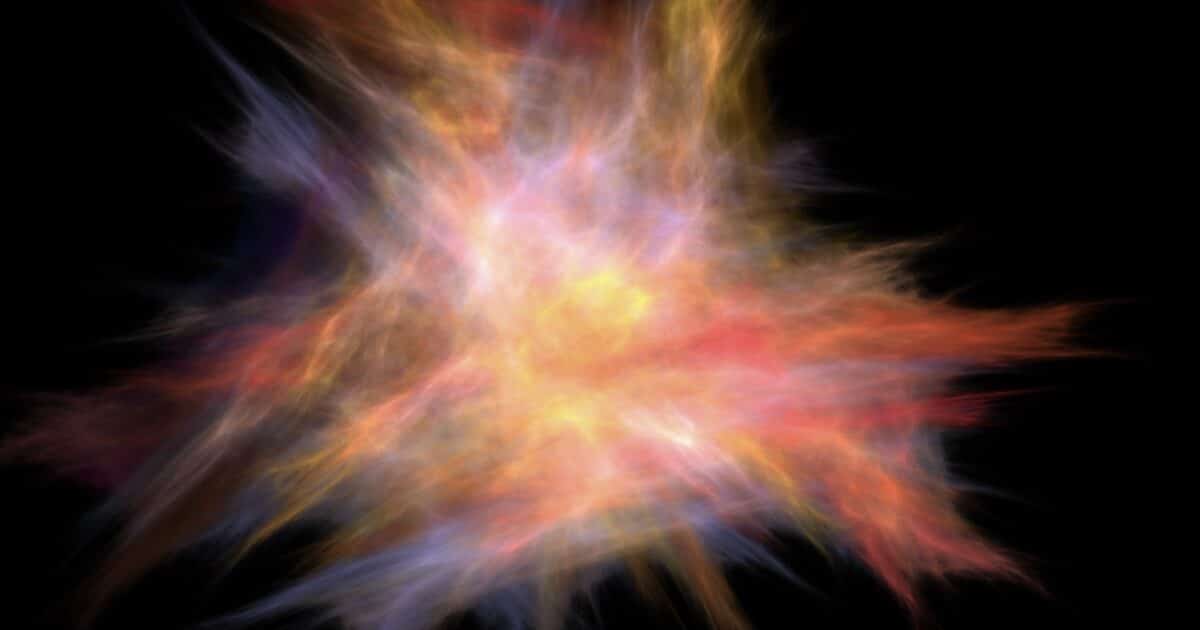
The Humble Origins of the Big Bang Theory
- Andrew McDiarmid
- May 18, 2024
- 2
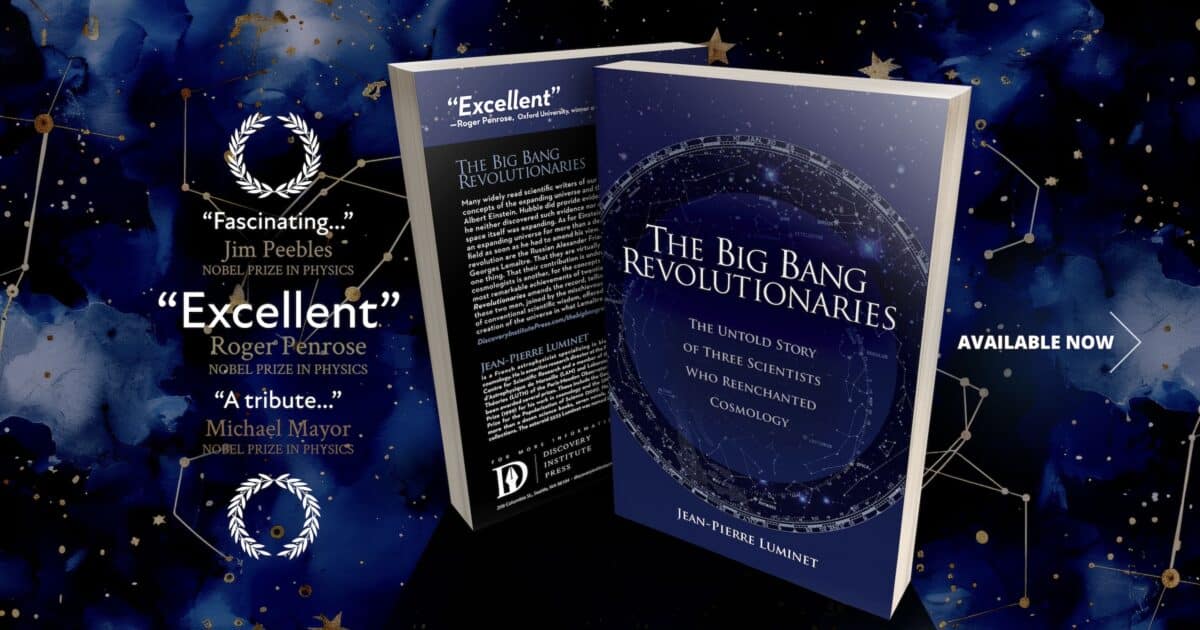
Luminet: The Real Heroes of the Big Bang Revolution
- Andrew McDiarmid
- May 13, 2024
- 2

Dembski: Information Is the Heart of the Matter
- Evolution News
- May 12, 2024
- 2
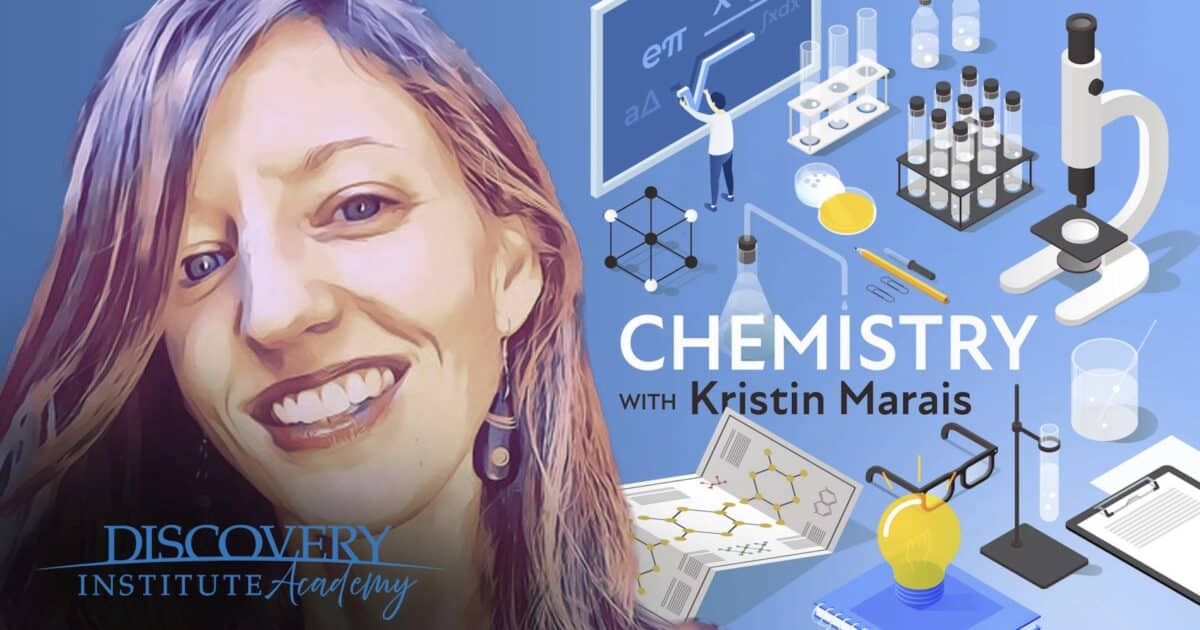
Now Registering: High School Chemistry with an ID Twist
- Andrew McDiarmid
- May 7, 2024
- 2
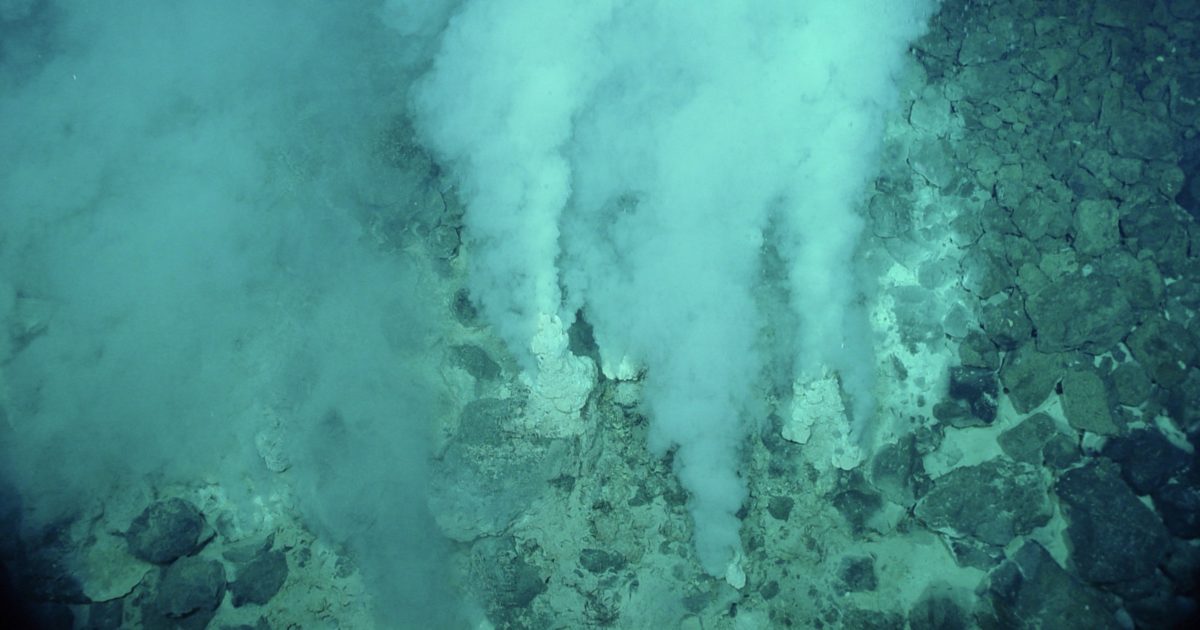
Top Ten Cheats in “Monumental” Origin of Life Research
- Andrew McDiarmid
- April 27, 2024
- 2

The Panda’s Thumb: An Extraordinary Instance of Design?
- Andrew McDiarmid
- April 21, 2024
- 2

How Earth is Designed for Human Technology
- Andrew McDiarmid
- April 20, 2024
- 2
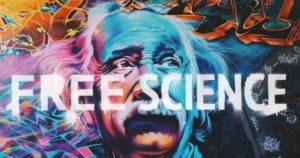
Slouching Toward Totalitarianism — How to Fight Science Censorship
- Andrew McDiarmid
- April 16, 2024
- 2

Gould’s Panda Argument Is a Problem for Atheistic and Agnostic Views
- Stephen Dilley
- April 15, 2024
- 7

Did Consciousness Evolve?
- Evolution News
- April 13, 2024
- 1
